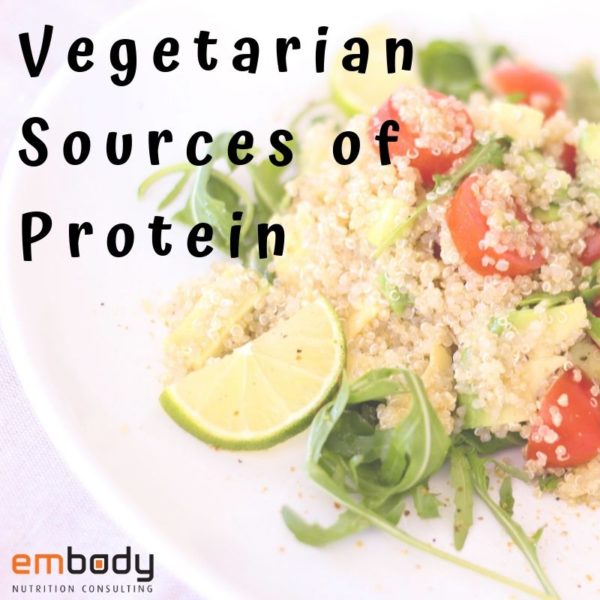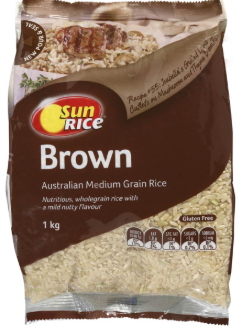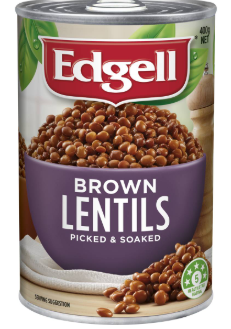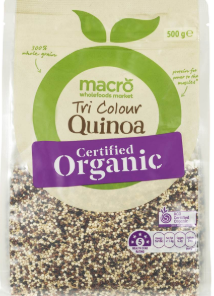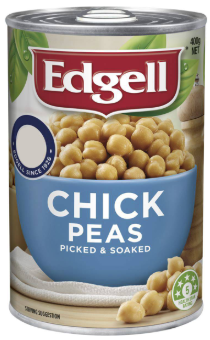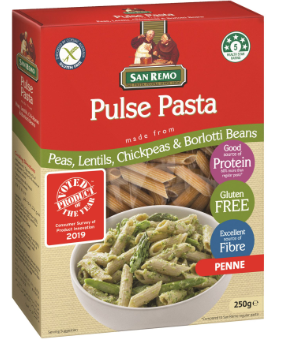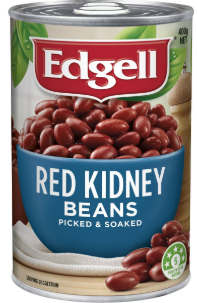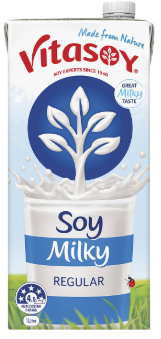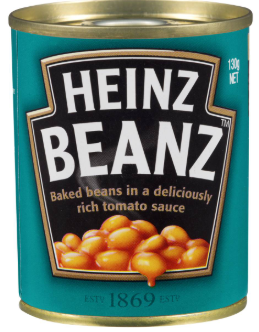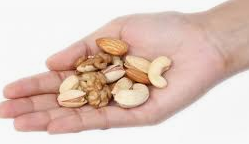Plant Sources of Protein:
Fuelling our bodies and providing protein for recovery is important, especially if we are training or competing in sports. Protein has been particularly hyped lately, with huge amounts of money being spent on protein powder, protein bars and supplements to increase our intake. But what if you can get adequate protein from plant sources? By reducing our meat intake, we not only benefit the environment, but it is also a great way to increase variety in our food and trying new meals!
Increasing our sources of plant proteins can also have other health benefits, as they are higher in fibre, lower in saturated fats and a good source of antioxidants.
Is there a difference between animal protein sources and plant sources?
Animal sources of protein such as meat, chicken, eggs and dairy products (yoghurt, cheese and milk) are all complete sources of protein. So, this means by eating only one type you will get all the 22 essential and non-essential amino acids that are used and needed by the body.
Plant sources of protein do not contain all the amino acids, but we can still achieve a complete protein source by eating these foods throughout the day to get all the amino acids our body needs.
Below are a few staple plant options that are cheap, easy and get good nutrition without spending unnecessary money on expensive protein powders or supplements.
Plant Protein:
|
Tofu/Tempeh 100g Protein: 16g
|
Rice Per 100g Protein: 8g
|
|
Lentils Per 100g Protein: 6g
|
Quinoa Per 100g Protein: 14g |
|
Chickpeas Per 100g Protein: 7g |
Pulse-Pasta Per 100g Protein: 21g |
|
Beans (red, black, butter beans) Per 100g Protein: 8g |
Soymilk Per 250ml Protein: 8g
|
|
Baked Beans Per 100g Protein: 5g |
Nuts (walnuts, almonds, cashews, peanuts etc) Per 30g Protein: 7g |

